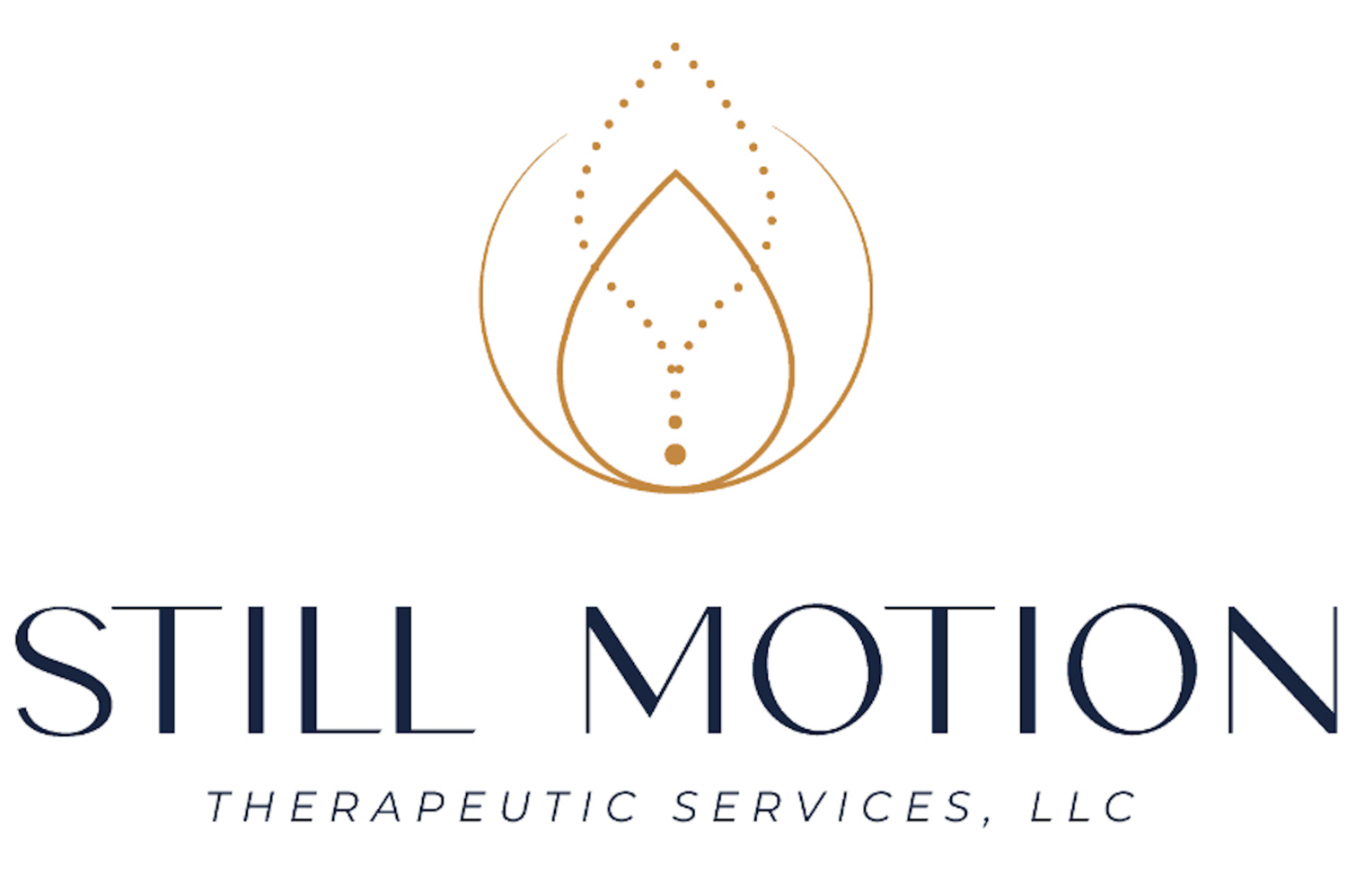Do You Need Therapy, Coaching, or Both?
/When life feels stuck or overwhelming, it’s natural to ask: Do I need a therapist, a coach, or both? While therapy and coaching share some similarities, they serve distinct purposes and can complement each other. Understanding the differences helps you choose the type of support that fits your goals and current needs.
Think of therapy and coaching as tools in a growth toolbox: sometimes you need one tool, sometimes both, and sometimes they work best together.
What is Therapy?
Therapy focuses primarily on healing, emotional processing, and mental health support. A licensed therapist helps you explore past experiences, understand emotional patterns, and develop coping strategies.
Therapy can help you:
Process trauma, grief, or loss.
Address anxiety, depression, or other mental health concerns.
Recognize and shift unhelpful thought or behavior patterns.
Strengthen emotional regulation and resilience.
Improve interpersonal relationships through insight and skill-building.
Therapists are trained to provide a safe, confidential space to explore difficult emotions and experiences without judgment.
What is Coaching?
Coaching, in contrast, is future-focused and action-oriented. A coach supports you in setting goals, building motivation, and achieving personal or professional growth. Coaching is generally most effective when mental health is stable and the focus is on performance, clarity, and accountability, rather than deep emotional healing.
Coaching can help you:
Gain clarity on personal or professional goals.
Build confidence and self-efficacy.
Create actionable plans and maintain accountability.
Navigate transitions like career changes, starting a business, or pursuing a passion.
Develop skills to improve productivity, communication, or leadership.
Unlike therapy, coaching does not address mental illness or trauma—it assumes a foundation of emotional stability to build from.
Key Differences Between Therapy and Coaching
Aspect Therapy Coaching
Focus: Healing, mental health, understanding past & present. Growth, goals, future-focused
Credentials: Licensed mental health professional. Certified coach (not necessarily licensed)
Approach: Insight, emotional processing, coping strategies Action plans, accountability, skill-building
Goals: Emotional well-being, resolving patterns. Achieving specific personal/professional outcomes
When You Might Need Therapy
You may benefit from therapy if you:
Feel stuck in recurring emotional patterns.
Experience trauma, anxiety, or depression.
Struggle with interpersonal relationships or boundaries.
Want a safe space to explore thoughts and emotions.
When You Might Need Coaching
Coaching may be right for you if you:
Are mentally well but seeking personal growth.
Want structured guidance toward goals.
Need accountability and strategies to implement changes.
Are ready to take action but need support navigating the path.
Why Some People Benefit from Both
Sometimes therapy and coaching complement each other perfectly. Therapy helps uncover emotional blocks or past patterns that may be holding you back, while coaching translates insight into practical steps toward your goals.
Example:
Therapy helps someone understand why they struggle with self-confidence.
Coaching helps them apply that self-awareness to pursue a new career or leadership opportunity.
Together, the combination can accelerate growth while addressing both emotional well-being and practical life goals.
Neither therapy nor coaching is “better”—it depends on your current needs and goals. Therapy is invaluable for healing and emotional insight, while coaching is powerful for growth and achievement. And sometimes, using both creates the most effective path forward.
If you’re unsure which approach fits you best, starting with a licensed therapist can help clarify the next steps and guide you toward the support that will benefit you most.
Take the first step today—whether it’s therapy, coaching, or both, support is available to help you thrive.

